Did Robert Stewart, Covenanter, (1655-1714) have a son named Alexander?
No, he did not.
Originally posted on our old website ca. 2005
We have received several queries from descendants of an Alexander Stewart (who married Mary Baily circa 1708 in Chester County, Pennsylvania) who have been led to believe that their ancestor Alexander was a son, or the eldest son, of Robert the Covenanter (identified in the Merrell Bible as a son of Walter Stewart, 7th. of Gartnafuaran). One woman researching her genealogy told us that in Elbridge Amos Stuart’s book, Stuart & Allied Families, this Alexander is claimed as Robert’s eldest son, which is incorrect. In fact, Stuart’s book says Alexander’s parentage and ancestry is unknown, and offers no speculation about who Alexander’s parents may have been.
Robert Stewart’s eldest son was John, not Alexander
In the past, I have occasionally seen on the internet that some have attached an Alexander to the family of Robert Stewart, Covenanter, as Robert’s son or eldest son. However, there is no evidence that I am aware of that Robert ever had a son named Alexander, whether eldest or not. In fact, in a letter written in 1818 to his son John, Robert’s own grandson Joseph Stewart explicitly described his father John as Robert’s “eldest” son:
“My Father was John the eldest son of Robert my Grandfather, who was obliged to fly to Ireland when they were newly married. My Granny was sent to Edinburgh and he was born there. . . . My Grandfather’s family’s names was John and Robert and their sister’s name was Juleyan, Samuel, the youngest.”
Joseph Stewart, 1818, grandson of Robert Stewart, Covenanter, in a letter written to his son John
Here is an excerpt from a letter written in 1991 by the late Philip B. Stewart II (a male-line descendant of Robert Stewart, Covenanter) to Muriel Walker of the Stewart Society in Edinburgh:
“In passing I call your attention to the references to John as ‘the eldest son of Robert – .’ Tomlinson simply would not give any credence to this and maintained his ancestor was really the oldest son. And, if you will recall, we have had two other people claiming ‘eldest sons’ of Robert and Janette.”
Philip B. Stewart II, 1991, correspondence with the Stewart Society in Edinburgh
Alexander Stewart of Chester County, Pennsylvania, USA
Alexander Stewart of Chester County, Penn., was born about 1680 to 1685. His purported parents, Robert and Janette, were married not terribly long after the Battle of Bothwell Brigg, say 1679-80. Their son John was born in 1682. If John wasn’t the eldest son of Robert and Janette, there could be space for just one other child born in 1681, but it could be squeezing things in pretty tightly – especially when we consider that Robert was an outlaw on the run and often not at home with Janette from 1679 until circa 1690. Much of Robert’s adult life was one of violence and upheaval and outlawry, which may explain why Janette apparently didn’t conceive many children – or at least only four are known to have survived infancy. All of these considerations taken together make it very unlikely that there was any child born to Robert and Janette before John’s birth in 1682 – not one that survived infancy, at any rate.
Onomastic evidence
Another consideration is the evidence of onomastics – that is, the naming of Scottish children during this period in history. The eldest son would usually be named after his paternal grandfather, the second son after his maternal grandfather, and the third son after his father. This wasn’t an absolutely hard-and-fast rule, but it was very, very common. Robert was son of Walter, son of Andrew. Robert’s known children were John, Robert, Juleyan (Julianne), and Samuel. If we look at the naming customs of those days, we would expect Robert’s eldest son to be named “Walter” (after Robert’s father), not “Alexander” or “John.” Indeed, although Robert’s older brother was named Alexander, we shouldn’t expect to find any son named Alexander in Robert’s family. The fact that John’s son Joseph described John as “eldest” means either that Robert ignored the naming custom when he named his eldest son, or else perhaps there was a baby boy who Joseph Stewart never knew about, presumably named Walter, who died in infancy. But that would still rule out an eldest son Alexander who lived to adulthood and had issue. Admittedly, one possibility is that Robert had children born out of wedlock, and that Alexander was a bastard son. The trouble with that hypothesis is that it cannot be proven. There is no record of Robert having any illegitimate children, just as there is no record that he ever had a son named Alexander. Robert was a Covenanting Presbyterian, and he and his family took their faith very seriously, so sexual misconduct, while not impossible, would seem to be very out of character for Robert the Covenanter.
What is known of Alexander’s life also provides clear indications that Alexander was not Robert’s son. Alexander is said to have had a brother named John, and is known to have had just one son, who was named Robert. If Alexander followed the prevalent Scottish naming customs, his son Robert would have been named after Alexander’s father.
Alexander Stewart was an orphan and indentured servant
Alexander came to Pennsylvania as a servant boy, and he later married Mary Baily circa 1708 in Chester County, Pennsylvania. In fact, the first known reference to Alexander is in a record of the Orphans Court Proceedings of 1697 (Futhey and Cope, pp.430-431), which include this entry:
“Francis Chadsey brought a boy whose name was Alexander Stewart, who was adjudged to serve 8 years from Sept. 14 of last year to be taught to read and write or else to serve but 7 years.”
Orphans Court Proceedings of 1697 (Futhey and Cope, pp.430-431)
That Alexander’s indentured servitude was arranged in the Orphans Court indicates that he was an orphan by 1697. That is a further indication that Alexander’s parents were not Robert the Covenanter and Janette Forsyth, because Robert died in 1714 and his widow was still alive circa 1750. Indeed, in 1697 Alexander still needed to be taught to read and write. It’s quite possible that he didn’t know who his birth parents were.
Robert and Alexander were in different countries an ocean apart
But if Alexander was not an orphan, and was the eldest son of Robert the Covenanter, how do we explain his becoming separated from his mother and siblings, who were living in Aghadowey in Ulster in 1718 when they came to Massachusetts and New Hampshire? Not only did this supposed eldest son of Robert become separated from his family, he somehow became a servant boy in Pennsylvania. Why didn’t he stay with his mother and come to America with her, as his supposed siblings did? In addition, Alexander died in 1714, the same year that his purported father Robert died, four years before Robert’s surviving family came to America. Chronologically and geographically, we have a significant separation of Alexander and Robert’s family.
Did Robert Stewart, Covenanter, (1655-1714) have a son named Alexander? No.
So, when we look at the evidence, we must conclude that we simply have no reason to link this Alexander to the family of Robert Stewart the Covenanter, and little reason to believe that Robert had a son before John, who was described by his son Joseph as “eldest.”
For more information on this family, go to our Stewarts of Gartnafuaran page:

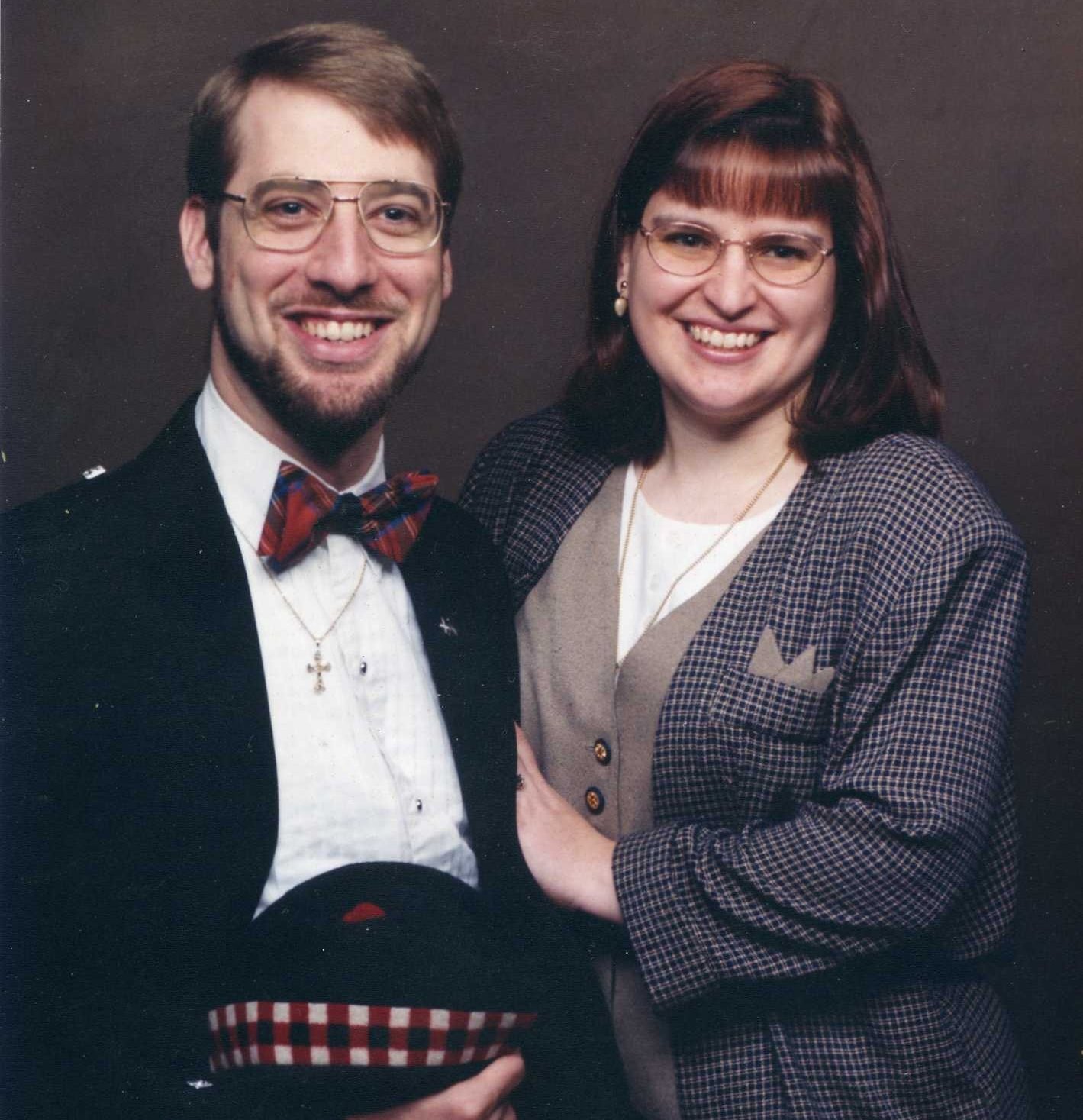
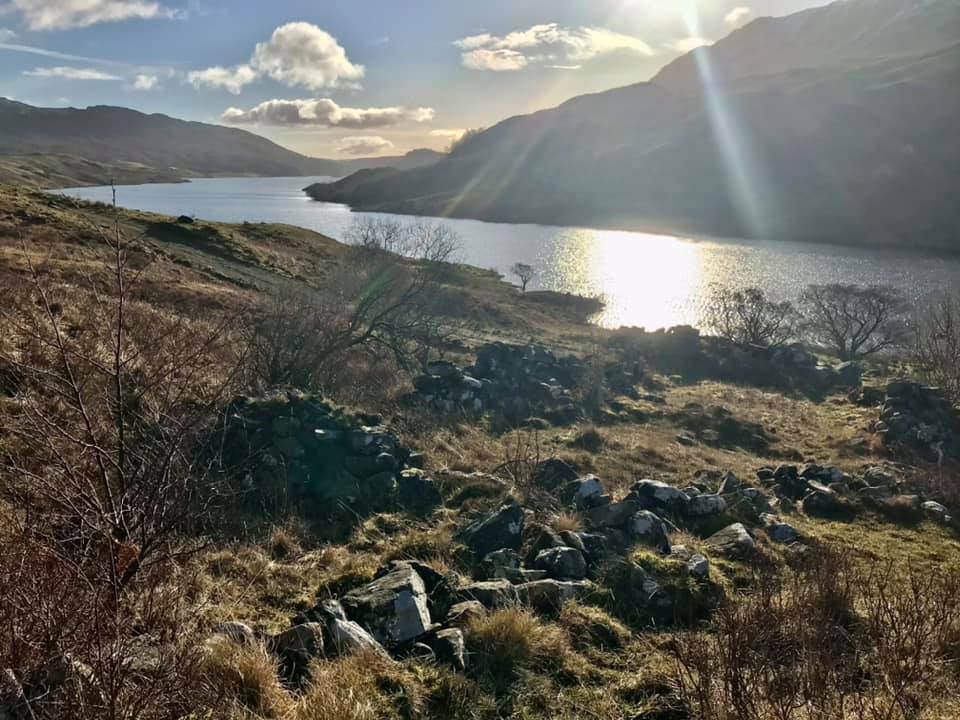
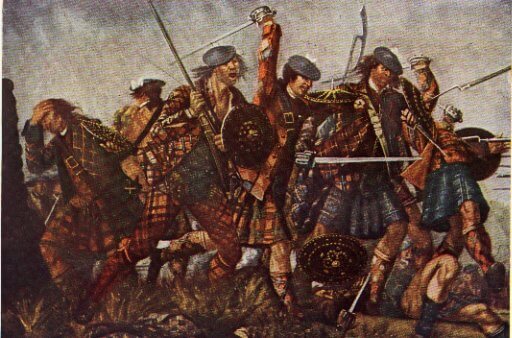
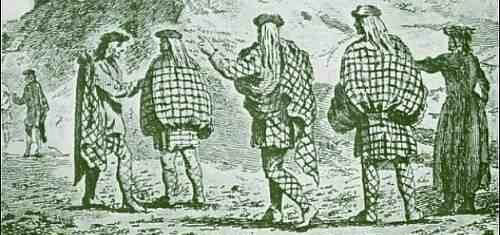
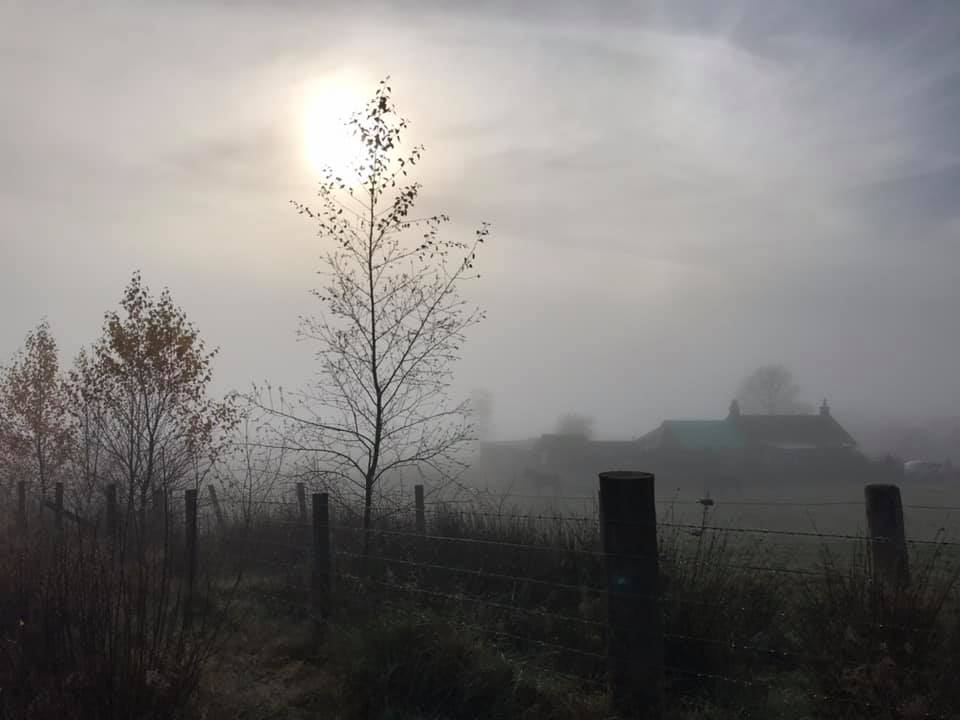
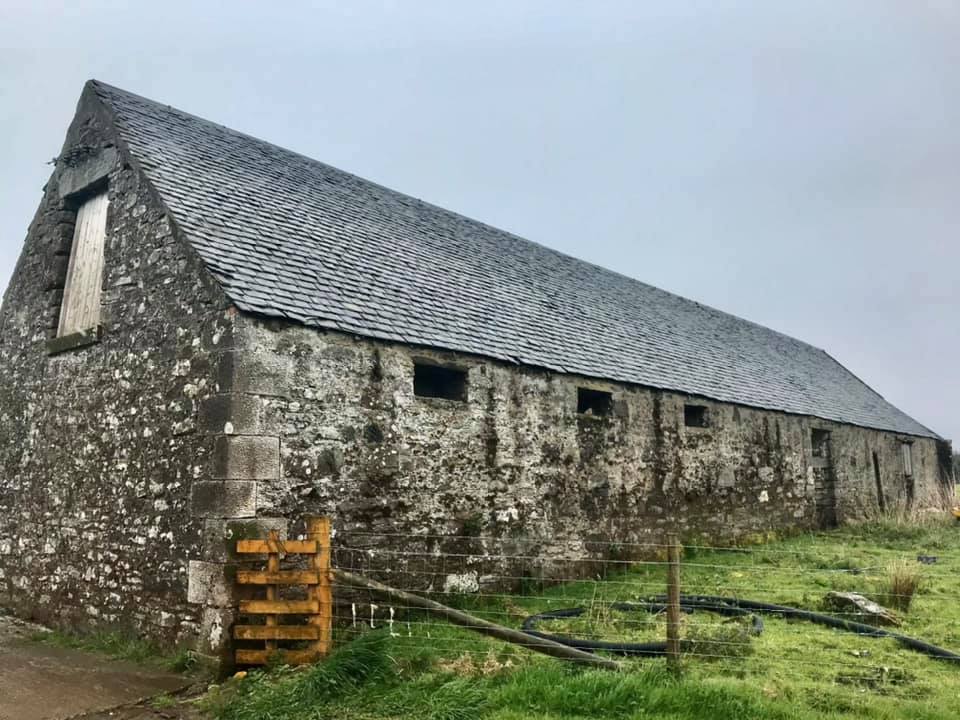
My distant great-grandfather was a James Stewart, born 1680, died in Colrain, Massachusetts 1773 that is also claimed by some to be this Robert Stewart’s son. However, books and documents have led me to believe my relative was descended from King Robert III illegitimate son John. There was also some books saying that this James Stewart had a book of the Stewart’s genealogy that his son Alexander took to Pennsylvania and it’s whereabouts is unknown. I believe you may have some research on this James Stewart and his possible relationship to Robert Stewart
I’m afraid this James is not in our database.
Hello. Your ancestor is “Old James” Stewart of Colrain, Massachusetts, one of the signers of the Shute Petition. His son, “Young James” Stewart of Colrain was the third husband of my ancestress Margaret (Stewart) (Kately) Anderson, who was a daughter of Charles Stewart of Colrain, son of “Charter” John Stewart of Londonderry, New Hampshire, son of Robert Stewart, the Covenanter. Robert’s grandson Joseph Stewart wrote in a letter to his son that Robert was a member of “the House of White Rose” while Old James and his son Young James belonged to “the House of Black Hall.” Joseph indicated that both Robert and Old James descended from branches of the Royal Stewarts, but he does not clearly state which branches those were. In fact, we can’t even be sure what Joseph meant by “White Rose” and “Black Hall.” It has long been assumed that “Black Hall” means the Stewarts of Blackhall and Ardgowan, who originated from Sir John Stewart, 1st of Blackhall, Ardgowan, and Auchingoun. But that may not be correct. After all, “White Rose” seems to be a political affiliation rather than a specific Stewart family — it would signify support for the House of Stuart (the White Rose was adopted by the Jacobites as one their most prominent symbols). If “White Rose” is a political party, so too “Black Hall” might be political rather than genealogical.
In any case, there is no reason to believe that “Old James” of Colrain was one of the sons of Robert Stewart, Covenanter. Joseph Stewart lists the children of Robert as John, Robert Jr., Samuel, and Juliana — no James. But Robert and James may have been related in some kind of close degree.
By the way, it is Joseph Stewart’s letter that mentions the catalog of Stewart genealogy that Old James’ son Alexander Stewart carried away with him to Pennsylvania — a book that Joseph indicated had the ancestry of his grandfather Robert in it, as well as the ancestry of Old James Stewart of Colrain. George Thomas Edson in his “Stewart Clan Magazine” wondered if it may have been a copy of Duncan Stewart’s 1739 book on the genealogy of the House of Stewart, which (as it happens) certainly does include Robert Stewart and his paternal ancestry.